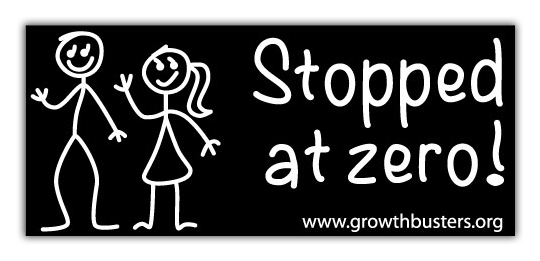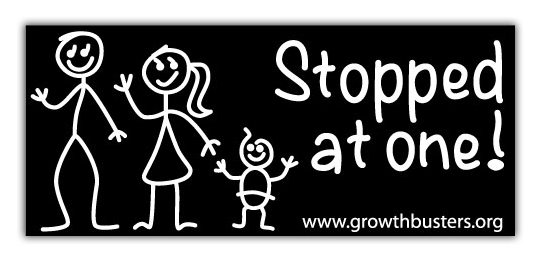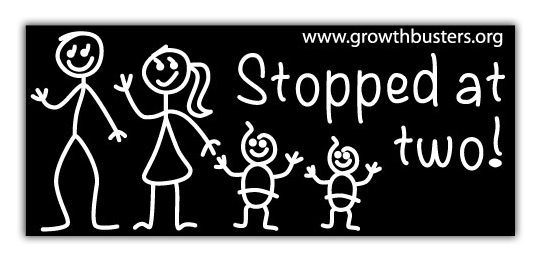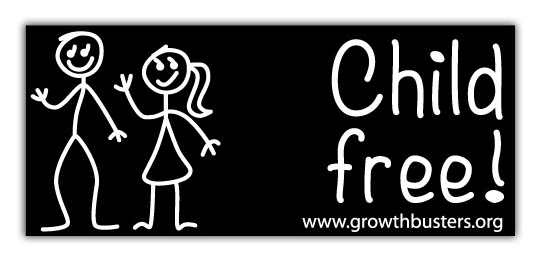The Good and Bad of Crowd Behavior in Sustainable Living
How can the herding instinct hinder or help us in our shift to a sustainable civilization?
Fracking, tar sands, and potential Arctic drilling have some convinced we’ve delayed Peak Oil for years and years. There are many experts, however, who present a solid case for ignoring the boosters’ optimism. Some expect we’ll be experiencing serious post-peak oil shocks this decade. Of course, we should voluntarily be leaving oil in the ground in order to avoid the worst of greenhouse gas induced climate disruption. Regardless, most of us will be living through oil-withdrawal before we depart this world. I was invited to offer the GrowthBusters perspective on this subject in the premiere issue of Shift magazine. You can find the magazine and my commentary here. I thought it worth sharing here:
As our civilization proceeds down the slope of the post-peak-oil curve, global trade will become more and more expensive, so our economies will naturally localize. The energy-efficiency benefits of localized economies are obvious to us, but there are also social and even psychosocial benefits that aren’t often contemplated.
I had the good fortune to work with respected crowd-behavior expert Alan Berkowitz several years ago on a film project about bystander behavior. I later interviewed him for my documentary, GrowthBusters: Hooked on Growth. I was curious about why human beings react so irrationally to evidence we’re harming our planet and the life support systems on which we depend. “Bystander behavior” or “crowd behavior” theories offer some useful ideas. Berkowitz offers a concise summary in Applications Of Social Norms Theory To Other Health And Social Justice Issues:
 “Individuals may see that others are not doing anything and assume that there isn’t a problem (social influence), may fear doing something that may cause embarrassment (audience inhibition), or may assume that if they don’t do anything someone else will (diffusion of responsibility).”
“Individuals may see that others are not doing anything and assume that there isn’t a problem (social influence), may fear doing something that may cause embarrassment (audience inhibition), or may assume that if they don’t do anything someone else will (diffusion of responsibility).”
The phenomenon of “social influence” plays a huge role, in my view. Here’s how it plays out for an ordinary Joe:
One evening Joe sees a film, reads a news report or explores a scientific study that convinces him we are in a global emergency; we are about to drive our civilization off a cliff. The next morning, Joe walks out the door and sees his neighbors carrying on just as they have for the last several years. As he goes through his day, he is surrounded by people behaving just as they did the day before. Life seems pretty normal. There is no apparent state of emergency. What goes through his head? According to Alan Berkowitz:
“When I don’t see other people doing something, I think, ‘Well maybe it’s not really so bad, its blown out of proportion, because if it was really as bad as you say, someone else would be doing something.”
And so, Joe does nothing, just like the vast majority of people – and for the same reason. This is social influence at work. There are many people around the world, however, who do understand we are in a state of crisis, and many of them are doing something about it. They are changing the way they live. But they’re spread around the world and therefore pretty invisible to the ordinary Joes out there (I profiled a few of them in my film).
Imagine, however, what will happen as our economies re-localize. Connections will be formed among people who share the same concerns and are similarly motivated. We will be increasingly surrounded by people who are changing their behavior. In such a case, social influence will inspire us to alter our behavior even more.
I’ve experienced this myself, as I’ve engaged more and more in my local Transition Town and in a local group called the Green Cities Coalition. I’ve noted that hanging out with these wonderful folks is changing my own norms. Behavior that might be considered completely normal among a group of stockbrokers (serving food on disposable plates, for example) suddenly becomes embarrassing when you’re mingling with sustainable living advocates.
Alan explained when I interviewed him:
“The presence of other people inhibits the desire to help when there’s confusion about what’s really true for other people. Now let’s take a different situation. Let’s say I grow up in a community where I’m taught very clear values and guidelines about when I’m supposed to help and I know that the other people in my community share my values. We have a well-articulated shared set of values that in this situation we do x. So if you and I are both friends, lifelong friends, we went to high school together, whatever, and we’re driving a car and we see situation x, without even saying anything we’ll both get out of the car and go help because we know that we both share these values that we need to do these things. In this case the presence of other people encourages the desire to help because we have a shared value system. “
Who you hang out with can either strengthen sustainable living values or weaken them. I’m not suggesting you avoid groups and friends who don’t share your commitment. In fact, being aware of the power of social influence, you may be able to start raising awareness and shifting values of those groups if you’re clever. Be sure to come back to your tribe frequently for a refill of values affirmation. Then go back out and infect more people with sustainable living thinking.
Alan offered this observation:
“So we live in communities, we’re all walking around feeling unhappy and not allowed to tell each other that we’re all unhappy because we think we’re the only one. So there’s this whole system that maintains … forces us to keep the unhappiness as a secret. Why can’t we admit that we’re good people, we’re trying really hard, we’ve done the right thing and it hasn’t worked? And so we need to rethink some of our fundamental assumptions, like the world isn’t flat, and the sun doesn’t go around the earth and that women are smart enough to exercise the privilege to vote and own property and that the growth paradigm isn’t producing the results it promised us.”
As our economies re-localize, our social connections will be reinvigorated, and we’ll find ourselves more and more in touch with others who share our values. I believe this will serve to accelerate the transition. Many of us are experiencing it already, and we can manage that to our benefit. Hang out with people who reinforce your values and desired behaviors, and invite others in. They may be out there thinking they’re the only ones troubled by what’s going on out there.
Dave Gardner is the director of the documentary, GrowthBusters: Hooked on Growth, and founding contributor to the media watchdog, Growth Bias Busted. Alan Berkowitz is a psychologist and sociologist who advises, writes, and speaks on bystander behavior, as well as a number of other health and social justice subjects. He founded and edited The Report on Social Norms.
Further reading on social influence:
Forbes: How Social Influence Significantly Manipulates the Wisdom of the Crowds
Scientific American: Beautiful Minds: The Neuroscience of Social Influence
Photo credit: writtecarlosantonio CC-BY-2.0 via Wikimedia Commons
Trackback from your site.




Brian Sanderson
| #
Oil is like a big box of chocolates. How much it fills you up depends upon how many you share it with.
Similarly, peak oil is meaningless. It’s per-capita oil production that counts. On a per person basis, peak oil happened in 1979…
Since then, we’ve been on the downhill side — debt, ever more dirty fuels and every type of degradation.
Reply
JTR
| #
When the biosphere finally collapses from our growing mass of pollution, no amount of money will save anyone.
Reply